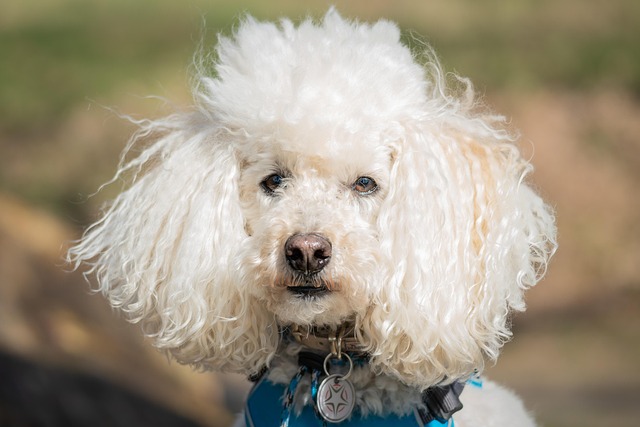
How do i train my dog to be obedient?
Watching your dog dart across the park ignoring your calls isn’t just frustrating—it can put them at risk near busy streets or public spaces.
It’s 11 p.m. in your Miami apartment, and the AC is cranked to 72°F, but your 3-year-old boxer, Diesel, is pacing the living room, barking sharply at the window. The humidity hangs thick, even indoors, and his tongue lolls as he pauses, then starts again—short, urgent barks that make you wince. “What’s got into him?” you mutter, checking the street below—nothing’s there. If you’re a new dog owner, excessive nighttime barking in hot months feels like a double whammy: disrupting your sleep, worrying about neighbors, and wondering if your pup is in distress. It’s rarely about “being bad”—usually, it’s discomfort, boredom, or instinct, and fixing it means blending biology, calm action, and community care.
Hot weather ramps up barking for simple, physical reasons. Dogs cool down through panting, but when nights stay sticky (above 75°F), their bodies struggle to relax, leaving them restless and more alert to every creak or rustle. A vet in Tampa explained: “Heat raises cortisol levels in dogs, making them more anxious—so a stray cat that wouldn’t faze them in winter becomes a ‘threat’ at 2 a.m. in July.” Their senses also kick into overdrive: nocturnal critters (raccoons, opossums) are more active in warm nights, triggering their “alert the pack” instinct. She treated a beagle last August whose owners thought he was “being noisy”—“Turns out, he was overheated, his crate too warm, so he barked to get relief,” she said. Unlike winter barking, which might be boredom, summer nighttime barking often starts with physical discomfort, spilling over into reactivity.

Stopping the barking starts with easing their heat stress, then redirecting their focus. First, cool their space: leave a fan blowing near their bed, or freeze a water bottle wrapped in a towel for them to lie against—Diesel will nuzzle it, the coolness calming his restlessness. Offer fresh water before bed, adding ice cubes he can bat around (it’s fun and hydrating). Adjust their routine: skip evening walks when it’s still hot—opt for a 6 a.m. stroll instead, so he’s tired, not wired, at night. At bedtime, create a quiet zone: dim lights, play soft music, and give him a frozen Kong stuffed with peanut butter (no xylitol!)—the cold distracts him from barking triggers. When he’s quiet, reward with a tiny treat and “good quiet boy”—positive reinforcement teaches him silence gets attention, not barking. Never yell or spray water—fear makes anxiety worse, increasing barking long-term.
Calming summer barking also means fitting into your community’s norms. Stay legally squared away: rabies vaccines are mandatory in all U.S. states, and keeping records handy helps if your apartment checks. When you walk Diesel in cooler mornings, always carry poop bags—cities like Orlando fine up to $200 for leaving waste, and it’s basic respect. In apartments, a quick note to neighbors (“Sorry for the noise—we’re working on it!”) goes a long way; most appreciate the effort. Remember, 体罚 isn’t just cruel—it’s counterproductive. A trainer in Atlanta notes: “Dogs bark to communicate, not annoy. Yelling tells them ‘barking gets a reaction,’ so they do it more.” Instead, patience and consistency show him you’ve got his back, even on the stickiest nights.
Diesel’s still adjusting, but last night he barked once, then settled onto his cool towel, tail thumping at his frozen Kong. Hot months don’t have to mean sleepless nights—with a little cool air, kindness, and routine, you’ll both sleep better, one quiet moment at a time.

Watching your dog dart across the park ignoring your calls isn’t just frustrating—it can put them at risk near busy streets or public spaces.

New puppy owners often find themselves rushing to clean up accidents before they set in, and that’s where puppy pad training becomes a game-changer.

If you've noticed your dog's waistline disappearing and your veterinarian has mentioned those few extra pounds, your first instinct might be to simply reduce the amount of food in their bowl.

Training a dog to use a designated spot indoors isn’t as daunting as many new owners fear, but it does take consistency and an understanding of your pet’s needs.

That moment of dread on a walk is all too familiar for many new dog owners. You see another dog approaching down the sidewalk of your neighborhood

If the sight of another dog on your neighborhood walk makes your heart sink as your own dog erupts into a frenzy of barking and lunging, you're not alone.